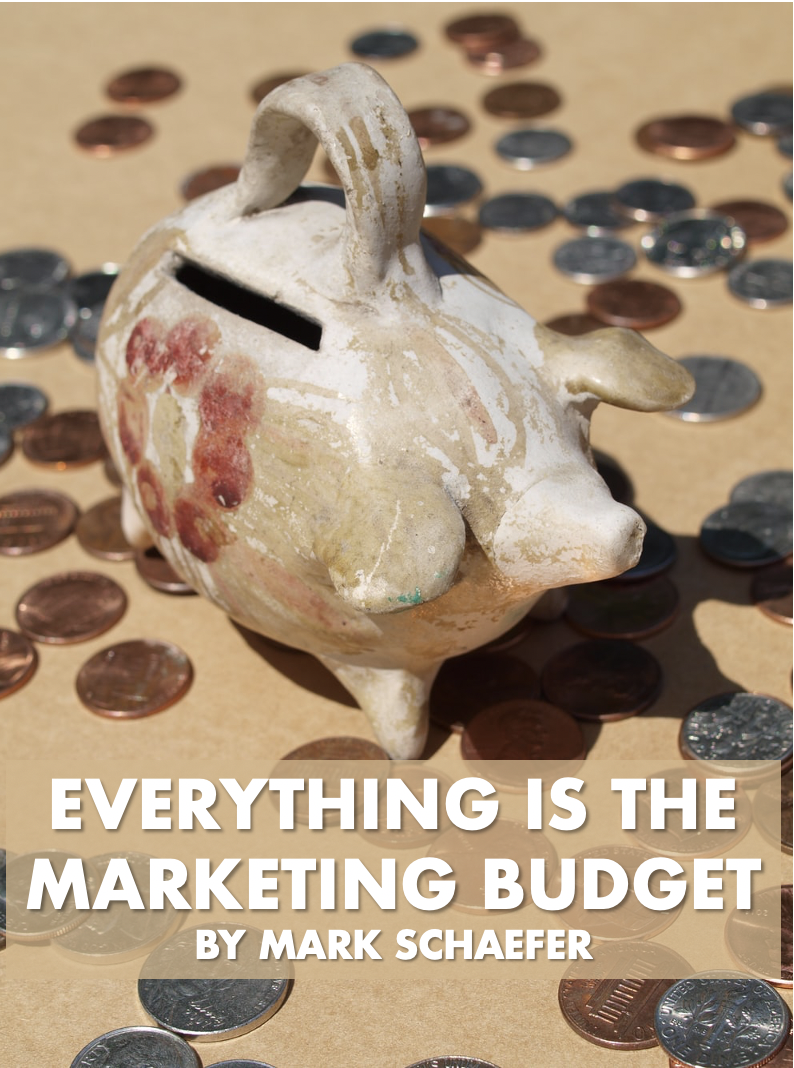
I recently had lunch with an entrepreneur in the electronics industry. He is dominating his competition and gaining market share every month. Some of his competitors are even exiting the market.
But his success has nothing to do with excellent advertising, customer engagement, SEO, content, or even the fact that he has a product with superior features.
The reason he’s dominating his niche is because he has a stockpile of microchips to make his product and his competitors don’t. The key to his profound marketing success is the fact that he paid obsessive attention to his supply chain and prepared for shortages.
And that’s a lesson for today. Almost everything is marketing.
The Excel Master at your service
Early in my marketing career, I worked for a giant B2B manufacturing company. The company’s success was built on efficient operation at a massive scale.
Although I was a global director of marketing, I spent much of my time camped out in the transportation department. No … it wasn’t because they brought in donuts every morning, although that was a bonus.
I knew that if we could efficiently deliver our product in a way that reduced inventory costs for my company and our customers, it would increase our profitability and provide a unique point of differentiation. So I knew EVERYTHING about transportation. I had more spreadsheets than the accounting department.
In one case, I was so successful with this strategy that I convinced our company to build a specially-designed truck to optimize loads. I never learned about that in my marketing classes!
In these two examples, I’ve shown how the most important part of a marketing strategy might be product availability or transportation costs. This is probably not how you normally think about your marketing job.
But this is your future.
Everything is in the marketing budget
Increasingly, EVERYTHING is marketing when it comes to the online world because things like delivery, availability, and service can make or break your brand.
- If you miss a delivery date because your supply chain is a mess, customers will leave bad reviews. Your Purchasing Department is marketing.
- If you can’t find enough people to staff your customer service center and this creates upset people waiting 30 minutes to lodge a complaint, your brand is in jeopardy. Human Resources and your hiring practices are part of marketing.
- If your website is not lightning fast, people will leave and move on no matter how good your content or SEO is. Your IT Department is marketing.
This suggests an interesting new way to think about marketing. If other departments are not funded properly to meet or exceed customer needs, your marketing budget is meaningless. You’re being set up for failure.
Chief Experience Officer
I’ve written quite a bit about the idea that the CMO title is moving to CXO — Chief Experience Officer. And it should. As I’m describing today, any part of your company that touches the buyer journey is part of marketing.
I’ve worked in enough big companies to know how lines are drawn and turfs are protected. But it seems to me that establishing a company culture where the customer experience comes first every day, in every way might be the best way to view a marketing budget. Get the job done everywhere. No turf when it comes to customers.
A marketing leader might not control the HR budget or supply chain strategy (yet) but whoever is at the top of your company needs to prioritize customer experience across the organization. Everything is marketing!
 Mark Schaefer is the executive director of Schaefer Marketing Solutions. He is the author of some of the world’s bestselling digital marketing books and is an acclaimed keynote speaker, college educator, and business consultant. The Marketing Companion podcast is among the top business podcasts in the world. Contact Mark to have him speak to your company event or conference soon.
Mark Schaefer is the executive director of Schaefer Marketing Solutions. He is the author of some of the world’s bestselling digital marketing books and is an acclaimed keynote speaker, college educator, and business consultant. The Marketing Companion podcast is among the top business podcasts in the world. Contact Mark to have him speak to your company event or conference soon.


